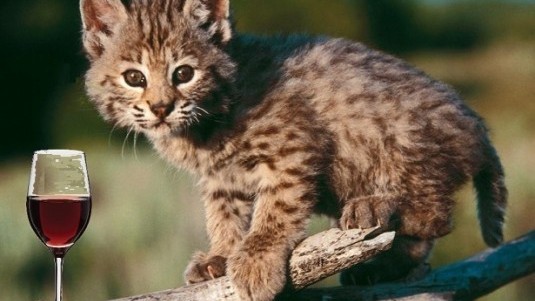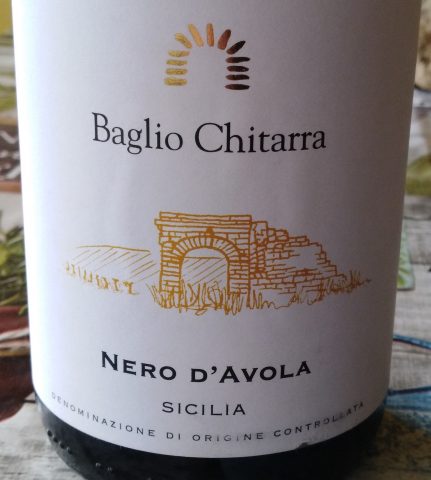The young lynxes

This editorial is dedicated those wine tasters who I refer to as the ‘young lynxes’, as opposed to ‘young lions’.
And who are these ‘young lynxes’? The ‘young’ has nothing to do with their age but to their experience with wine. People who in the past ten years or so have become involved with this world often benefitting from their ability to use the social media. They are people who have actively followed the latest fads, be they for organic wines, orange wines, wines aged in large wood barrels, pale wines or anything that has found exposure on the web. There are also some ‘young lynxes’ who have followed a more traditional approach, taking wine appreciation courses offered by authoritative associations and sometimes even taking part in panels organized for some wine guide or other. My beef with these ‘young lynxes’ is similar to the one Daniele Cernilli had with producers, with some additional aggravating factors, which he highlighted in two previous editorials: The Acidic Drift and The Neo-Trendsetters.
What rattles me is their haughtiness, their often limited technical knowledge, their self-anointed role of guru in every area and in every situation as if only they hold the key to true knowledge. In their minds there exists only one true wine and all those wines that conform to their ideal are the best no matter what the grape, terroir and so on. During tastings they often cite the great critics of the past as they only path to follow in order to restore a lost ‘purity’. In other words, their approach is more one of a reactionary or a Jacobin during the Terror following the French Revolution. What they seem to want to do is behead anyone who in the past 30 years has engaged in research or innovation (sometimes successfully sometimes not). For me, they want to return us to the Dark Ages.
Their delirium of omnipotence, however, has sometimes, perhaps even often, led them to misinterpret a vintage and praise a minor harvest while ignoring those that producers prefer due to the climatic conditions. And they do this more often than not for ideological reasons. For them a wine is a snapshot of a precise moment without any consideration for a wine’s evolution. Such an approach is total madness above all when used in evaluating wines whose greatness derives from aging and ability to age. Which is to say all wines from the world’s greatest terroirs.
It bothers me when I read that in a blind tasting of a great wines (which the ‘young lynxes’ think they invented), the consider wines from notoriously ‘difficult’ vintages to be better than the truly great ones. And rather than trying to explain the exact reason why they have formed such an opinion, all they say is that the producers must have misinterpreted the vintage. Again, this is total madness. Especially when you consider the producer who was able to perform a miracle in a bad year (be it thanks to the altitude or exposure of his vineyards or particular micro-climate) and finds that they prefer it to a truly great vintage they have made.
At a recent vertical tasting of a wine from an important estate known for its past glories, I found myself sitting next to a ‘young lynx’ who under her breath was cutting the wines to pieces saying this one was too woody (her mantra) or this one had added tannins and so on vintage by vintage. All this without an explanation, critical assessment or even asking the producer a question. All she could offer were snap judgements. And she looked at me strange when I explained, after her umpteenth comment, that “they are not added tannins, they only blended in some wine from a more recent vintage to refresh it and the toasted sensation will disappear with age”. An intuition that was later confirmed by the enologist present.
What I want to say to these ‘young lynxes’ is: why don’t you try to understand, why don’t you study? This is a wonderful job but you’re going about it in the wrong way. Can’t you see that there is something lacking in your evaluations? And wouldn’t more respect towards producers and a better understanding of a territory make you views seem a little less sophomoric and petty?
Paolo De Cristoforo, who may be young but know his stuff, is probably right when he says that there is a lack of good schools. Great schools like Gambero Rosso was when Stefano Bonilli was responsible for food and Daniele Cernilli for wine. Or like Slow Food was when Sandro Sangiori and Egidio Fedele Dell’Oste were young. Back when you had to know what you were talking about before speaking, otherwise you kept quiet and listened.

 Italiano
Italiano









